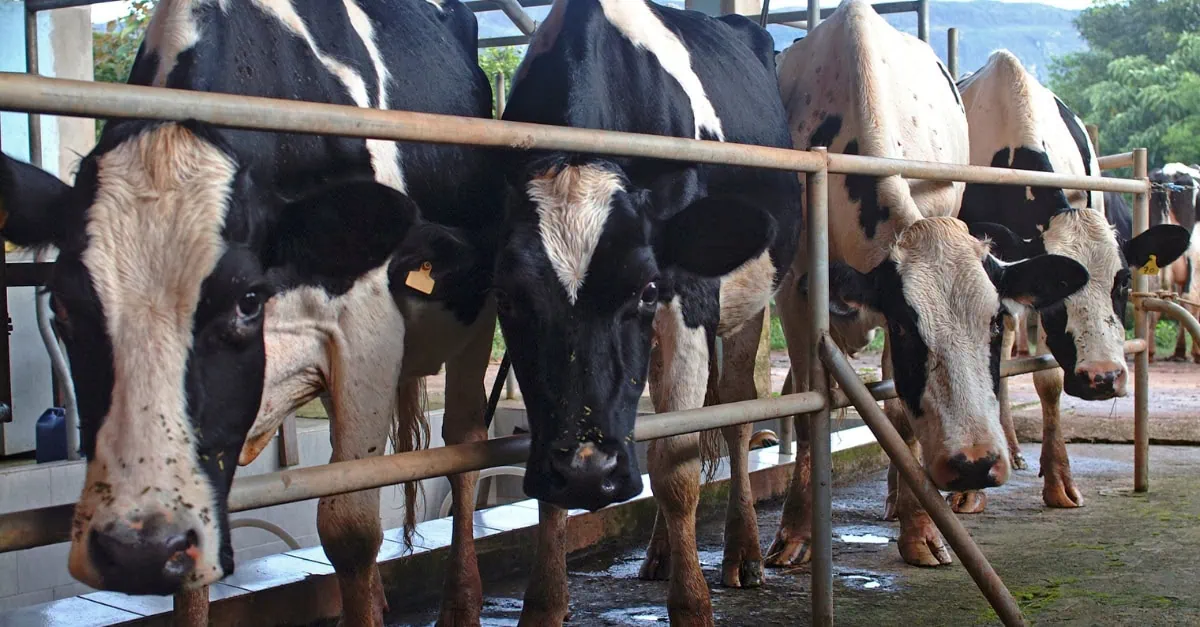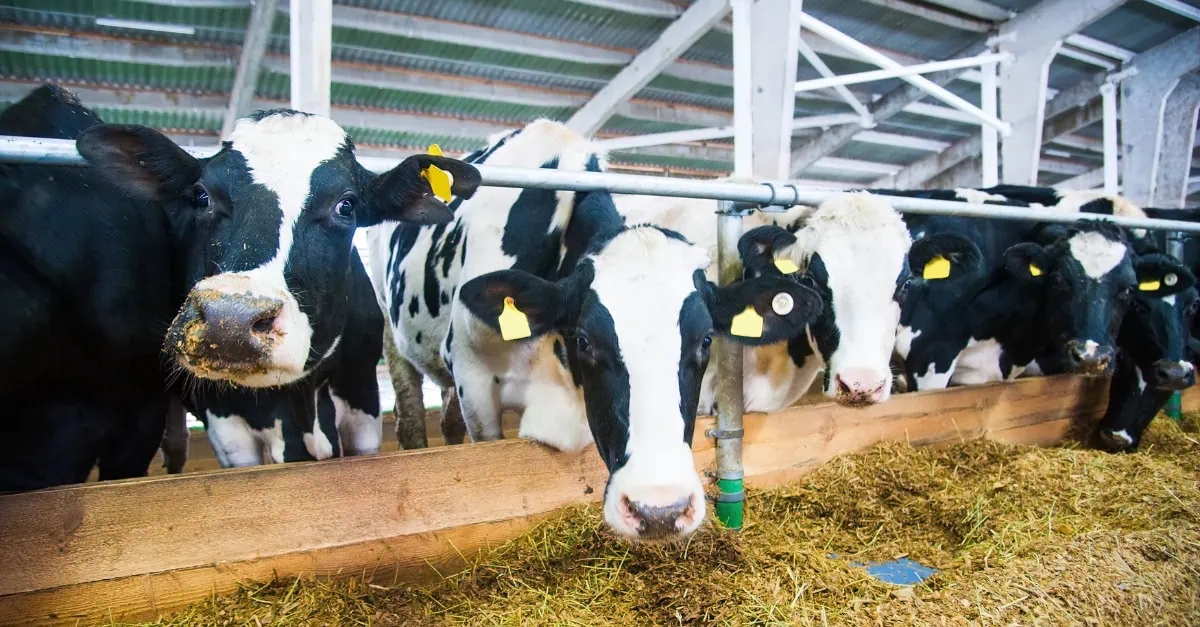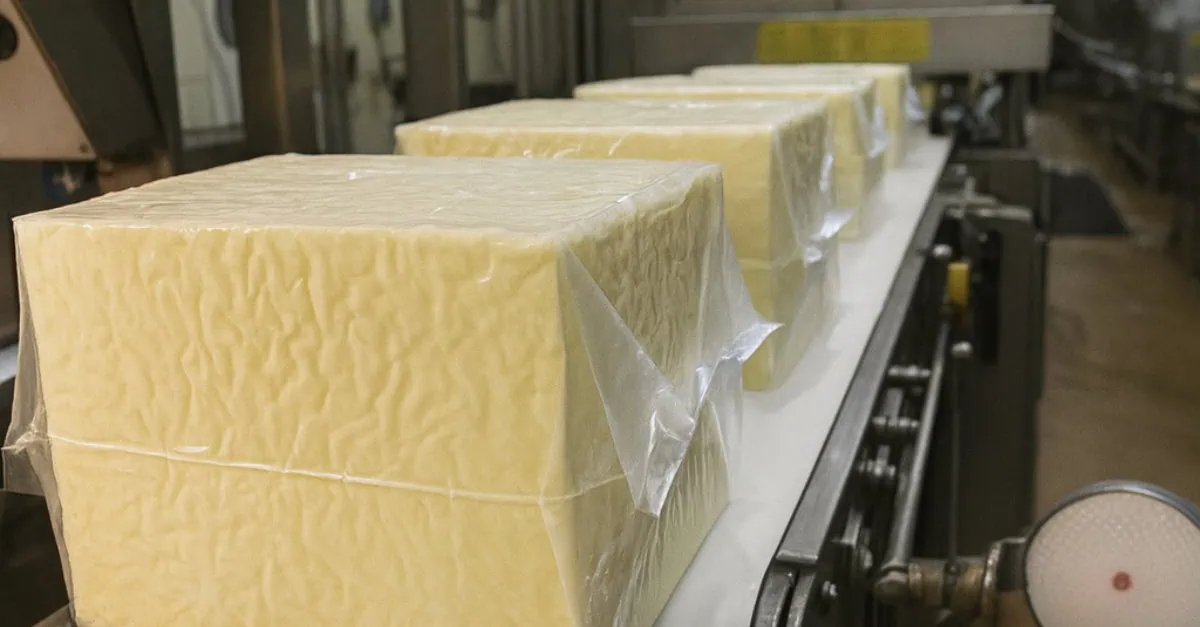The recent news that US President Donald Trump has threatened to impose 30% tariffs on European goods from 1 August and the EU’s proposed countermeasures could significantly impact food commodity trading globally if implemented.
The EU’s announcement this week that it plans to postpone its countermeasures complicates the picture further, but what’s clear is that trade between the two heavyweights is critical. It represents the most significant bilateral trade and investment relationship in the world.
In 2024, the US imported nearly $3 billion more in dairy products from the EU than it exported. Specifically, the EU’s agri-food exports to the US, which include dairy, were valued at €25.1 billion between January and October 2024, according to agriculture.ec.europa.eu.
We look at some food commodities that the tariffs could impact the most.
Cheese and other dairy products
According to Rabobank predictions, US imports of EU cheese could decline by 10% to 15%. Butter exports to the US could be less affected because the US is a net importer of butterfat. Meanwhile, Irish cheese and butter exports to the US are expected to be significantly impacted. In 2023, 24% of Irish butter exports and 6.5% of cheese were exported to the US.
European cheese exporters might be pushed to shift their focus to emerging markets in East Asia and the Middle East. From a US perspective, increased domestic production could counterbalance the decline in EU cheese imports.
Olive oil
It’s been highlighted that Southern European economies like Spain will likely experience some economic pressure due to decreased exports. The US is the largest importer of European olive oil (see the chart below). The taxes could lead to increased market share by other olive oil producing nations such as Turkey or Morocco, with some producers choosing to shift investments in the US or other markets to mitigate the impact of the tariffs.
According to reports by Tenuta Le Mandorlaie, Italian extra virgin olive oil (EVOO) is safe mainly from tariffs due to diplomatic efforts and the specific nature of its exports.
Baked goods
As with other commodities, the tariffs are expected to lead to a shift in production to Europe, potentially impacting the sales volume of EU producers and causing price increases (for consumers). Some EU baked goods rely on specific ingredients not readily available in the US, potentially making it harder for US producers to replicate those products without imports.
Nuts, fruit, and vegetables
With its proposed countermeasures, the EU specifically targets almonds, cranberries, sweet corn, and orange juice. US exports of almonds, walnuts, and pistachios to the EU could also face tariffs.
Other products that could be impacted
The EU is also considering tariffs on other US agricultural products, including pork, beef, eggs, and soybeans. The final responses from both parties will be crucial in determining the scale of the impact on the agri-food industry and beyond.
Receive the latest commodity analysis directly to your inbox.
This article was written by Sade Laja, Writer, with contributions from Gehrman Kosenkov, Vegetable Oils and Biodiesel Analyst, and Jasper Endlich, Dairy Market Insights Analyst at Vesper





